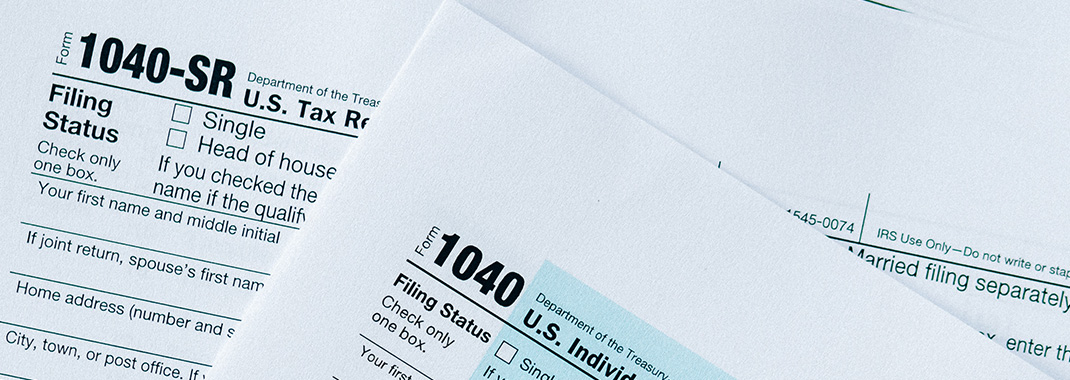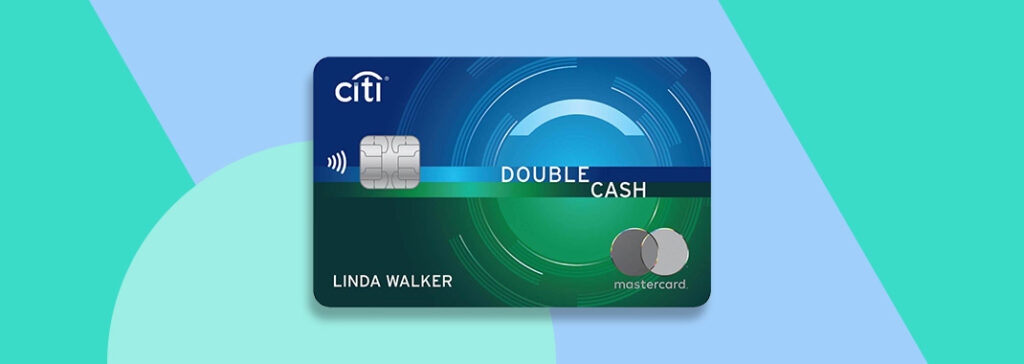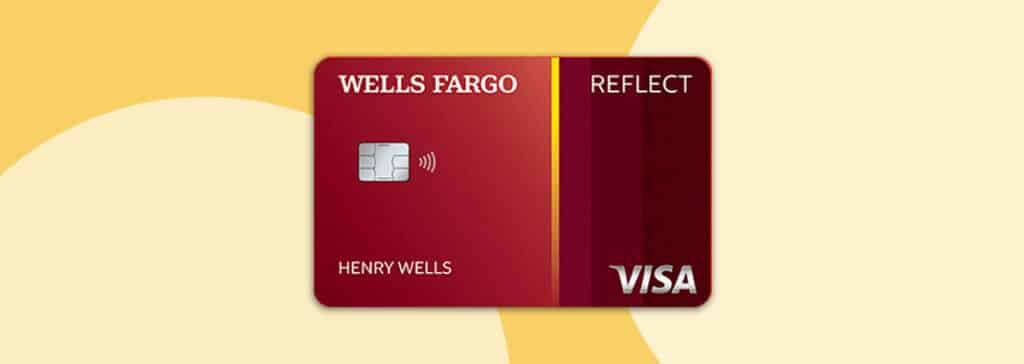Most products on this page are from partners who may compensate us. This may influence which products we write about and where and how they appear on the page. However, opinions expressed here are the author's alone, not those of any bank, credit card issuer, airline or hotel chain. Non-Monetized. The information related to Chase credit cards was collected by Slickdeals and has not been reviewed or provided by the issuer of these products. Product details may vary. Please see issuer website for current information. Slickdeals does not receive commission for these products/cards.
Requesting an extension to file your income tax return has become common among taxpayers in the United States. According to data from the Internal Revenue Service (IRS), an estimated 19 million taxpayers requested an extension in 2021.
Whether you plan to file by the regular deadline or need an extension, make sure you are aware of all the relevant filing deadlines so you don't find yourself in trouble with the IRS.
What Tax Documents Should I Look for Before Filing?
The U.S. tax code can be complicated, with various forms that taxpayers need to file to report their income sources. Review the tax filing deadlines for each form below, including the due dates for businesses or employers to send forms and the filing dates for individual taxpayers.
Here are some of the common tax forms and their respective deadlines.
| Form | Purpose | Due to Recipient | Due to IRS |
|---|---|---|---|
|
W-2 |
Employee earnings and taxes withheld |
January 31 |
January 31 |
|
1099-Misc |
Royalties, prizes, awards and other categories |
January 31 |
February 28 |
|
1099-NEC |
Payments for business services made by nonemployees |
January 31 |
January 31 |
|
1099-B |
Sales of securities, futures, commodities and more |
February 28 |
February 15 |
|
1099-S |
Proceeds from real estate sales |
February 28 |
February 15 |
Note that if any due date above falls on a weekend or legal holiday, the due date is the next business day.
When Are Taxes Due in 2024?
The deadline for filing your taxes is April 15, 2024. The IRS begins processing tax returns from 2023 as early as January of this year so you have enough time to prepare your documents and forms. By April 15, you need to have Form 1040 submitted, which is the official IRS form that individual taxpayers use when filing their income tax returns.
 Related Article
Related Article
9 Best and Cheapest Online Tax Services
When Are My Taxes Due if I Filed for an Extension?
If you file for an extension on your federal tax return, the tax extension deadline is October 16, 2024. Note that this extension is only applicable for tax return filing. It does not give you more time to pay your tax bill. Taxpayers should still pay their tax balance by the April deadline.
How to File an Extension for Taxes
If you need more time to complete your income tax return, here is how to file an extension:
- File Form 4868 to request an automatic extension: Filing for an extension is free, and you can do it electronically or with a paper form. This will extend the deadline by six months.
- Pay your tax bill by the April due date: Even if you have requested an extension, you still need to pay your owed taxes by the April deadline. Failure to do so could result in fees and penalties.
Each state may also have their own rules for tax extensions, so be sure to double check your state's tax extension requirements.
FAQs
-
If you are due a refund and missed the federal tax filing deadline, you won’t incur any late payment penalties. But if you owe federal tax payments, you could be charged with penalties if you miss paying your bill by the April deadline.
-
Filing for an extension on your tax returns can give you more time to dive deeper into your earnings and accurately prepare your documents while avoiding a late filing penalty. However, a delay in filing your taxes also means a delayed tax refund.
-
The IRS Free File provides qualified taxpayers with access to tax software where they can file their tax returns for free. Taxpayers with an adjusted gross income of $73,000 or less qualify for the IRS Free File online service.
-
If you find out that you still owe taxes and you don’t have the cash to pay it in full before the first quarter payment deadline, you can apply for a payment plan schedule with the IRS. The IRS offers short-term and long-term payment plans, depending on your agreement with the IRS. Be sure to comply with your payment deadlines to avoid penalties.
-
Yes, you can use a credit card to pay your taxes. However, a credit card payment could charge you a fee, which usually ranges from 1.87% to 1.98% of your tax payment.
-
Yes, you can pay your tax bill online through the IRS website. The IRS accepts online payments through Direct Pay from your bank account.










